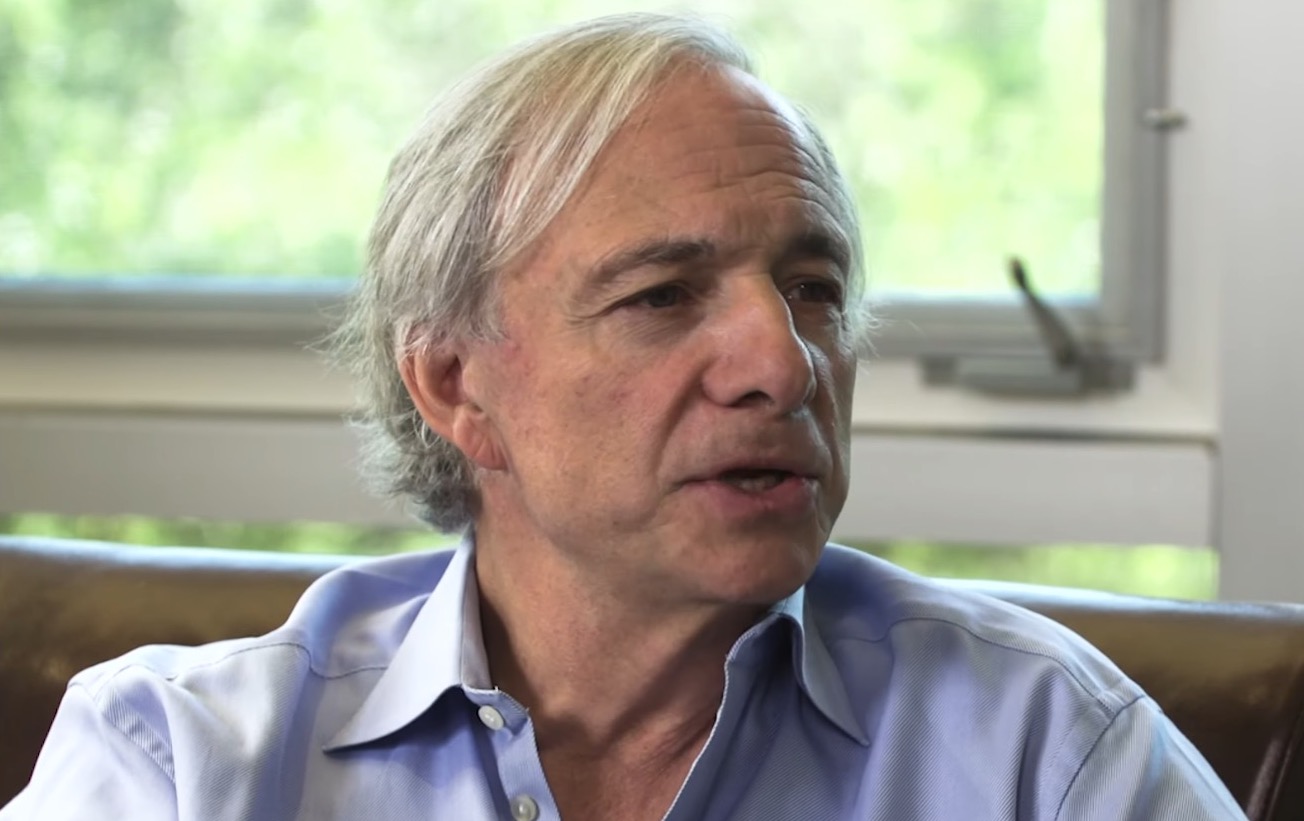by Jeff Shen, Blackrock

Sustainable investing is growing in popularity. Jeff Shen talks with Debbie McCoy, Head of Sustainable Investing for BlackRock Systematic Active Equity, about her work to uncover the ESG metrics that matter most.
Investors today have made sustainable investing a fundamental part of their strategies. Yet sustainability and the environmental, social and governance (ESG) considerations that underlie it are still at times unclear.
Company ESG ratings compiled by third-party providers are useful guideposts for investors ― but they are not without their shortcomings. I spoke with my colleague Debbie McCoy about the work she is doing to understand ESG scores and dig a level deeper in search of an information advantage in what some may consider a still fledgling field.
Jeff: Why are sustainability and ESG so important to you as an active manager?
Debbie: ESG issues can have a relevant and meaningful impact on companies, and that makes them important considerations in our investment process.
Active managers seeking to deliver investment results for sustainability portfolios are responsible for both sustainability outcomes and financial returns. This duty to our clients, combined with a deep belief in ESG and sustainability broadly, has inspired us to want to move beyond a compliance-only mindset to one that is more results-centric.
Jeff: What do you mean by a compliance-only mindset?
Debbie: A host of third-party vendors provide ESG scores or ratings. To date, however, the information used to arrive at these scores has been largely based on company disclosures. The trick is to understand whether these disclosures are simply a box-checking exercise for companies — to claim compliance and deliver on an area of market interest — or if they are truly aimed at influencing company results.
Our research has actually revealed that firms with more ESG policies in place don’t necessarily have fewer controversy incidents. This can mean these third-party scores that are based on company-reported information are not providing sufficient insight.
Jeff: Companies with more ESG policies can actually be more controversial?
Debbie: They can. The mistake many investors make, in our view, is to assume the mere existence of a policy is a good thing. They can credit companies for having an ESG-related policy while ignoring company performance on these same dimensions. In fact, it may be that firms with more policies are in a sensitive environment and/or have experienced a controversy, which prompted the introduction of additional ESG policies. The result: Firms with worse sustainability outcomes can have more ESG policies. Ultimately, relying on the third-party scores alone may position an investment portfolio toward more controversial firms — the opposite of what’s intended.
The mistake many investors make, in our view, is to assume the mere existence of a policy is a good thing.
Jeff: How do you address this challenge?
Debbie: Everything we consider must have an ability to tell us something about the future performance of a company, not just headline ESG issues. Our eagerness to measure what matters often brings us to a view that differs from that of the market. And if we’re right in our assessment, that can mean a potential source of return for our clients.
Sustainability considerations often provide us with information that is both critical to and distinct from what traditionally has been studied in markets. These sustainability insights can be differentiated — less correlated with what markets purport to already understand ― and in this sense additive to our portfolios.
Jeff Shen, PhD, is Co-CIO of Active Equities and Co-Head of Systematic Active Equity (SAE) at BlackRock and a regular contributor to The Blog. Debbie McCoy is a Managing Director and Head of Sustainable Investing within SAE.
Investing involves risk, including possible loss of principal. Stock values fluctuate in price so the value of your investment can go down depending on market conditions.
This material is not intended to be relied upon as a forecast, research or investment advice, and is not a recommendation, offer or solicitation to buy or sell any securities or to adopt any investment strategy. The opinions expressed are as of August 2019 and may change as subsequent conditions vary. The information and opinions contained in this post are derived from proprietary and non-proprietary sources deemed by BlackRock to be reliable, are not necessarily all-inclusive and are not guaranteed as to accuracy. As such, no warranty of accuracy or reliability is given and no responsibility arising in any other way for errors and omissions (including responsibility to any person by reason of negligence) is accepted by BlackRock, its officers, employees or agents. This post may contain “forward-looking” information that is not purely historical in nature. Such information may include, among other things, projections and forecasts. There is no guarantee that any forecasts made will come to pass. Reliance upon information in this post is at the sole discretion of the reader.
©2019 BlackRock, Inc. All rights reserved. BLACKROCK is a registered trademark of BlackRock, Inc. All other marks are the property of their respective owners.
USRMH0819U-920195-1/1
This post was first published at the official blog of Blackrock.













